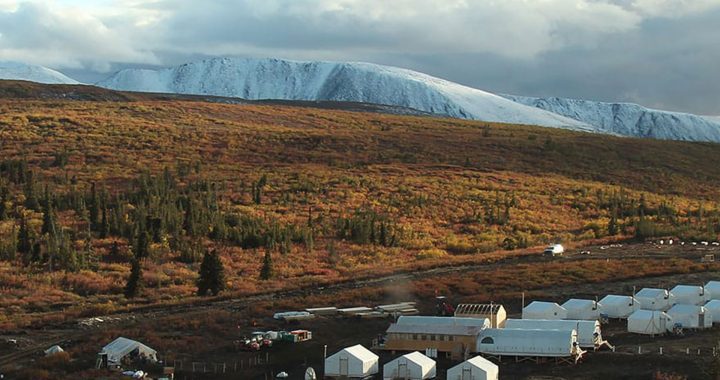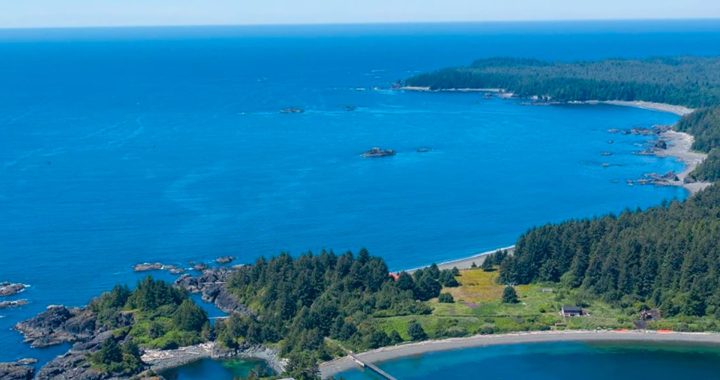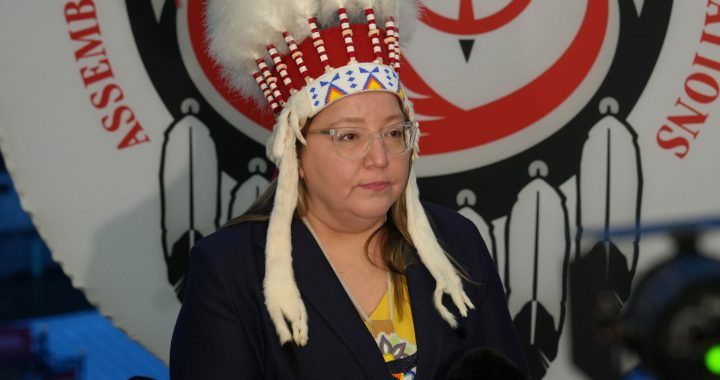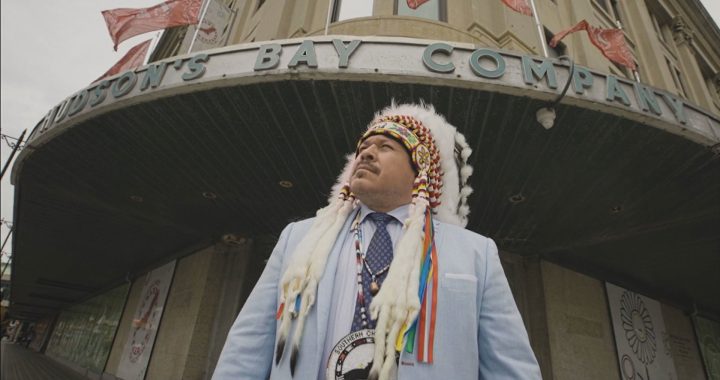As of today, residents of First Nations impacted by long-term boil-water advisories can apply for compensation as part of a class-action lawsuit taking aim at the federal government.
The $8 billion First Nations Drinking Water Settlement, reached in December 2021, earmarked $1.8 billion in compensation for impacted First Nations, as well as a $6 billion commitment for construction and maintenance of safe water infrastructure in communities across Canada.
Any First Nation member living in a community affected by a boil-water advisory lasting more than a year between November 20, 1995 and June 20, 2021, is eligible for compensation.
Compensation amounts, however, will vary according to the circumstances of the drinking water advisory, such as the “nature of the advisory, the length of residency, and the remoteness of the First Nations Lands,” according to a press release.
People who have suffered injuries or long-term health effects linked to a lack of clean drinking water on-reserve are also welcome to apply.
The class-action process was initiated jointly by Neskantaga First Nation, Curve Lake First Nation and Tataskweyak Cree Nation back in 2019.
Indigenous Services Canada (ISC) data indicates there are at least 29 communities across Canada still operating under a boil-water advisory in 2022.
According to ISC’S website, at least 128 long-term drinking water advisories have been lifted since November 2015.
The federal government has acknowledged the on-reserve drinking water problem as “complex,” indicating it can take up to three or four years to complete a new water treatment system.
To file an individual or representative claim online visit www.firstnationsdrinkingwater.ca.
For help with the claims process, an administrator can be reached with questions at 1-833-252-4220.
More to come.










